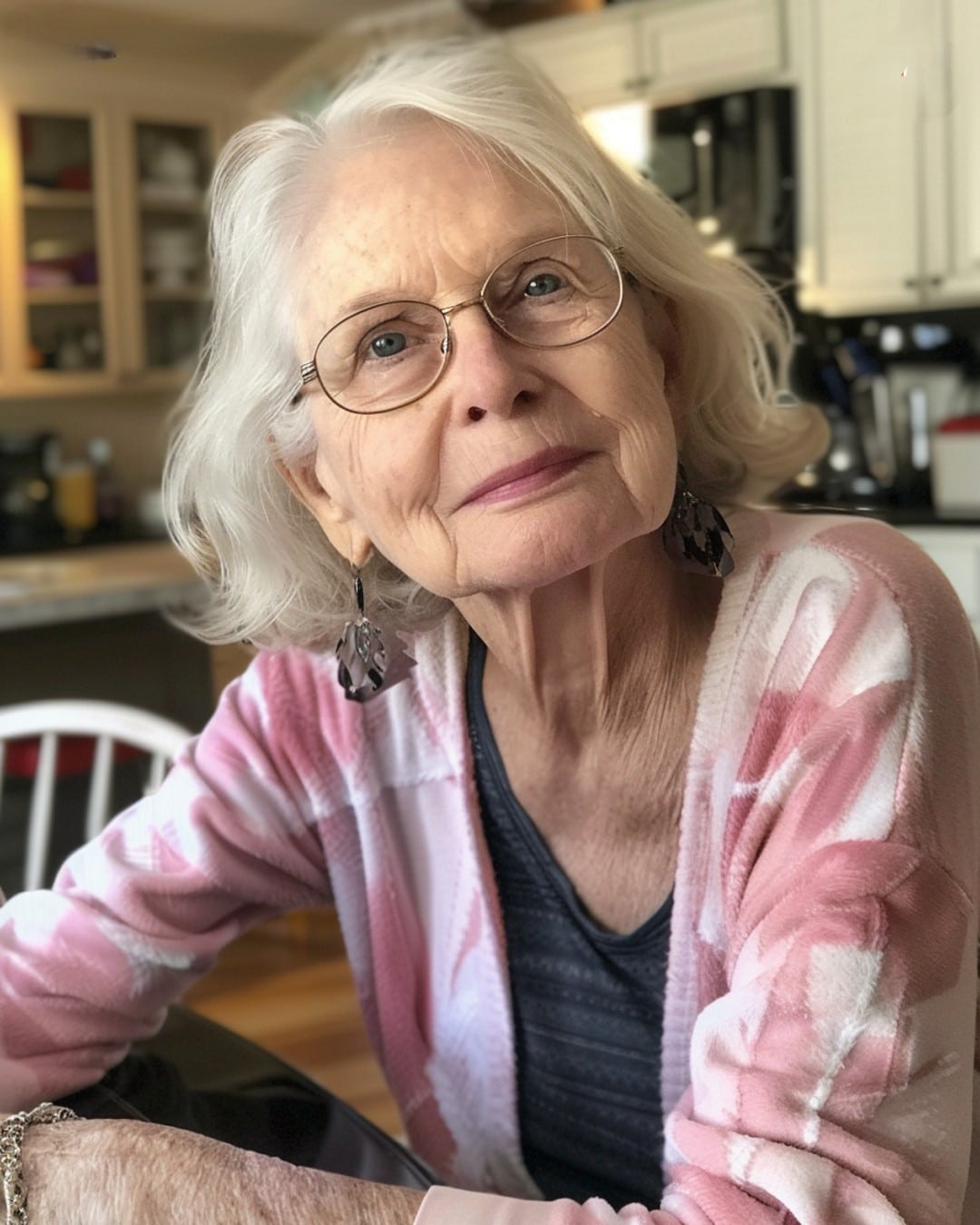Weeks passed. Her phone was disconnected, and no one— not even her children—knew where she was. They were frantic, but I stayed quiet.
Then came a postcard, with a photo of snow-capped mountains and Margaret’s unmistakable handwriting:
“I’m breathing fresh air. Wish you were here—but don’t tell the vultures. I’ll write again soon. Love, Margaret.”
I couldn’t help but smile. Margaret wasn’t gone—she was free.
When she returned months later, she looked revitalized. “Don’t just stand there gawking, Dorothy,” she said, suitcase in hand. “Put the kettle on. I’ve got stories to tell.”
She spoke of gondola rides in Venice, dancing in a village square, and sipping wine in France. For the first time in years, she seemed truly alive.
A few days later, Margaret passed peacefully in her sleep. At the will reading, Lisa and David expected the houses, but the lawyer had a surprise:
“The colonial house and bungalow have both been sold.”
Lisa screamed. “What about the money?”
The lawyer opened a letter from Margaret:
“To my beloved family,
Thank you for reminding me that life is short and happiness is meant to be lived, not hoarded. The houses are gone, but the memories I made are priceless. Dorothy, I’ve left the remainder of my estate to you. Use it to see the world—live boldly, as I did.
Love, Margaret.”
The room erupted into chaos, but I didn’t care. Margaret’s legacy wasn’t in the houses or money—it was in living fully. A month later, I boarded a plane to Paris with Margaret’s photo album in my bag.
As I soared above the clouds, I raised a cup of champagne. “This one’s for you, Margaret.”

